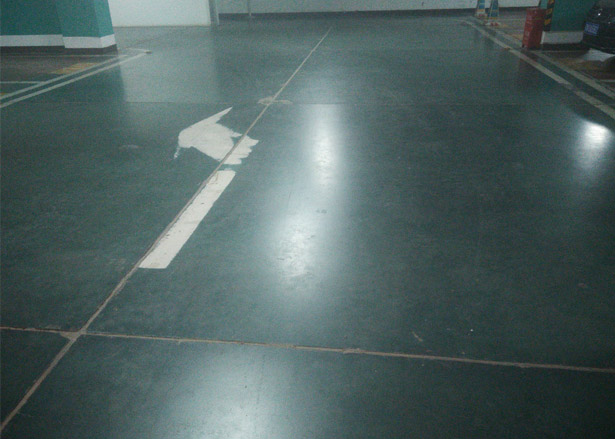Heavy machinery friction material plays a vital role in various industrial applications, particularly in areas where robust performance and safety are paramount. These materials are engineered specifically for heavy-duty equipment used in construction, mining, and manufacturing processes, where the demands on performance, durability, and reliability are exceptionally high.
At the core of heavy machinery operations, friction materials are crucial for braking systems, clutches, and other applications where controlled friction is necessary to ensure safe and effective operation. The primary requirement for these materials is that they can withstand extreme conditions, including high temperatures, significant pressure, and abrasive environments. Consequently, they are designed to provide consistent performance over lengthy operational cycles, thereby reducing maintenance needs and preventing equipment downtime.
The formulation of heavy machinery friction material encompasses a variety of components, including organic, metallic, and ceramic materials. Each component contributes to specific mechanical properties, such as wear resistance, thermal stability, and coefficient of friction. Among these, the choice between organic and metallic formulations often depends on the specific operational requirements of the machinery, including load, speed, and environmental conditions.
In addition to performance attributes, heavy machinery friction materials must meet stringent safety and regulatory standards. Compliance with industry regulations not only ensures operational safety but also influences overall equipment efficiency. Manufacturers often collaborate with engineers and industry specialists to ensure that their friction materials not only meet but exceed these necessary standards, showcasing their commitment to quality and reliability.
Experience plays a critical role in the development of heavy machinery friction materials. Manufacturers typically invest in extensive research and development initiatives to refine their products, utilizing advanced testing methods and simulations to analyze performance under real-world conditions. This expertise allows them to innovate and adapt to shifting industry trends, such as the increasing demand for environmentally friendly materials without sacrificing performance.
Ultimately, the authority of a manufacturer in the heavy machinery friction material market is often established through a proven track record, customer testimonials, and compliance with international standards. Companies that demonstrate a sustained commitment to quality control, research-driven innovations, and customer service help businesses operate more efficiently and safely, solidifying their reputation as leaders in the field. By understanding the complexities surrounding heavy machinery friction materials, industry players can make informed decisions that enhance performance and longevity, ultimately benefiting the entire operation.
Show More >>
PRODUCTS
You are welcome to contact us at any time, please write the message here and we will reply you in 24 houre. thanks foryour support.
NEWS
May.22, 2019



